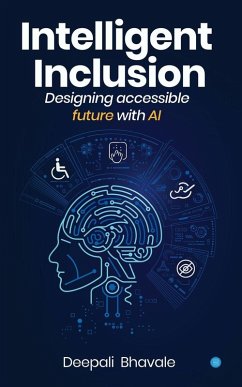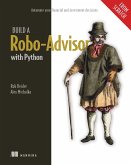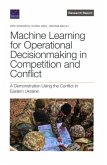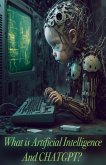Intelligent Inclusion: Designing Accessible Futures with AI explores how artificial intelligence can revolutionize accessibility and create more inclusive environments for people with disabilities. This book delves into the intersection of cutting-edge AI technologies and human-centered design principles to develop solutions that break down barriers in education, communication, and daily living. Focusing on practical applications like Indian Sign Language recognition and assistive tools, the book offers a deep dive into the challenges and opportunities of designing AI systems that truly serve diverse user needs. It also highlights ethical considerations and the importance of responsible AI development. Ideal for technologists, educators, policymakers, and advocates, this book is a call to action to harness AI's potential to build a future where technology empowers everyone, leaving no one behind.
Bitte wählen Sie Ihr Anliegen aus.
Rechnungen
Retourenschein anfordern
Bestellstatus
Storno








